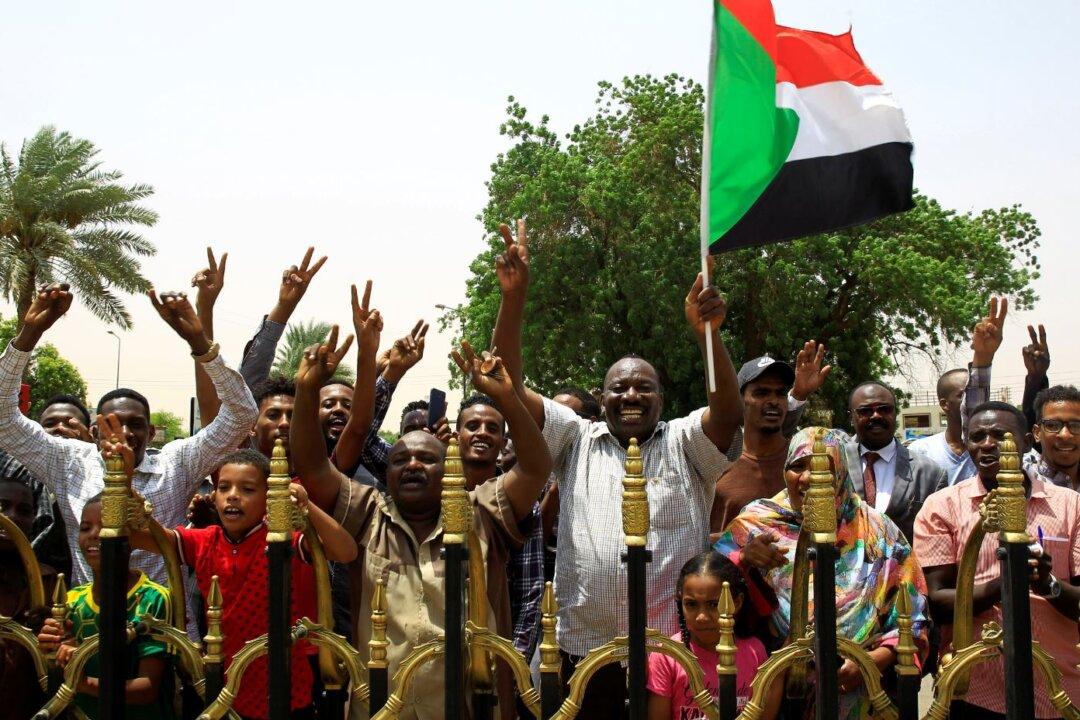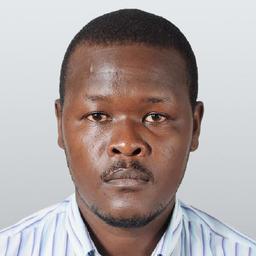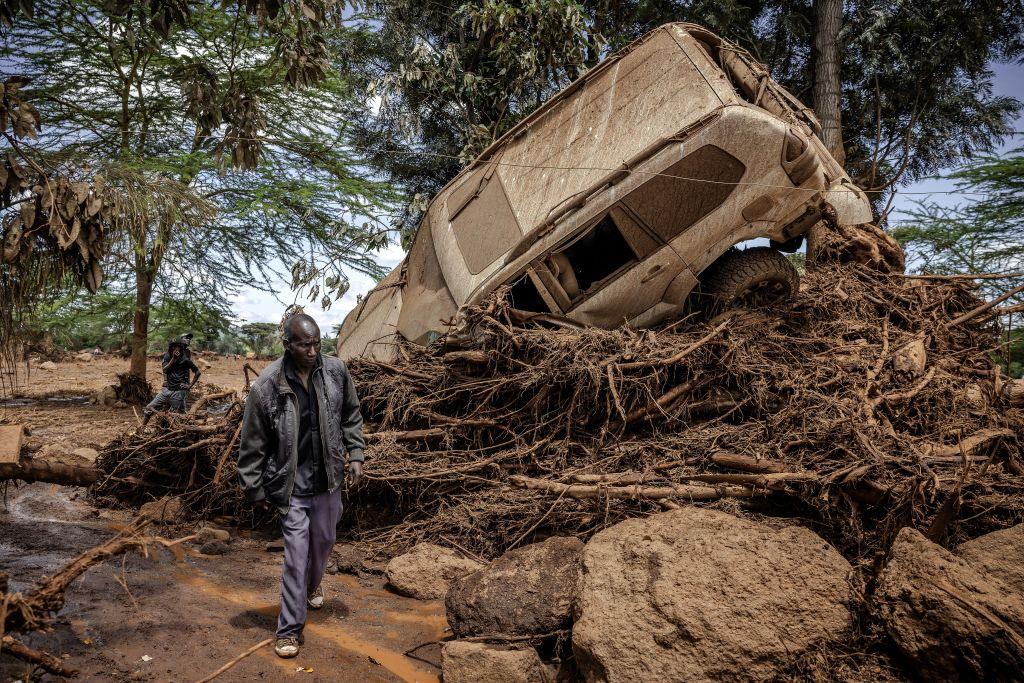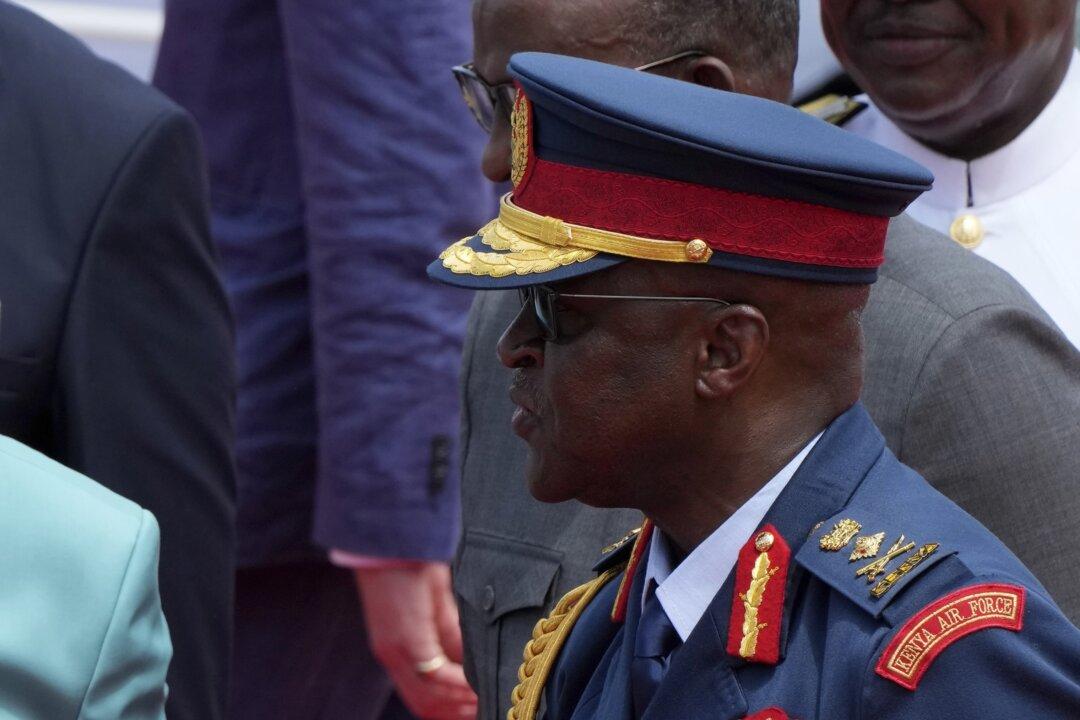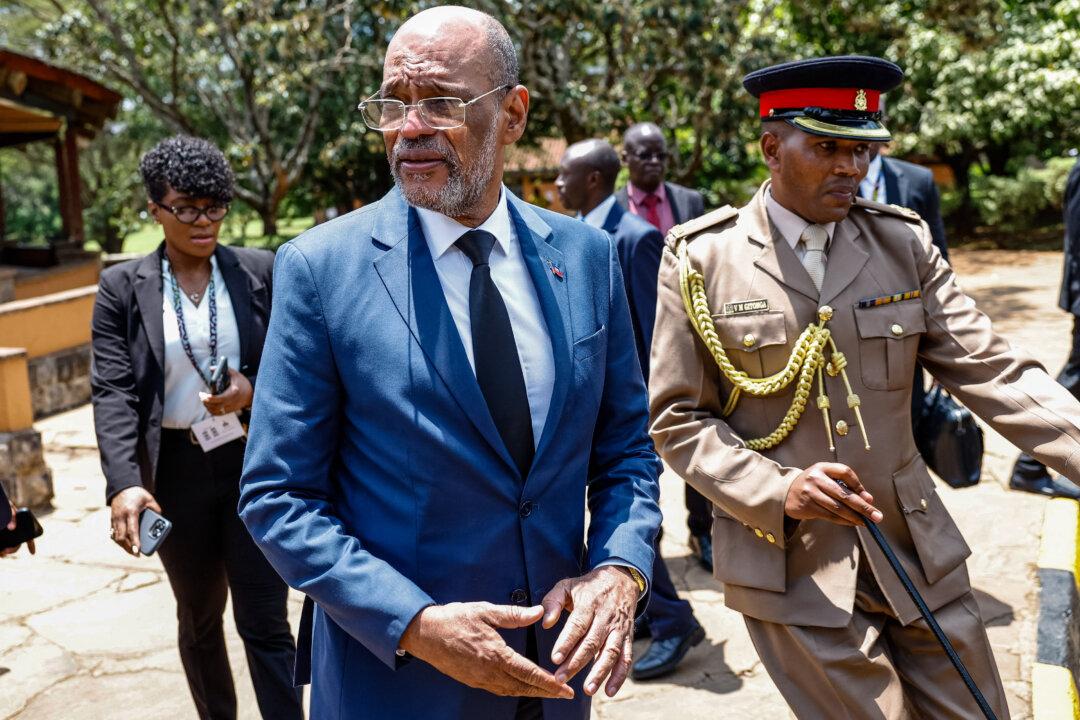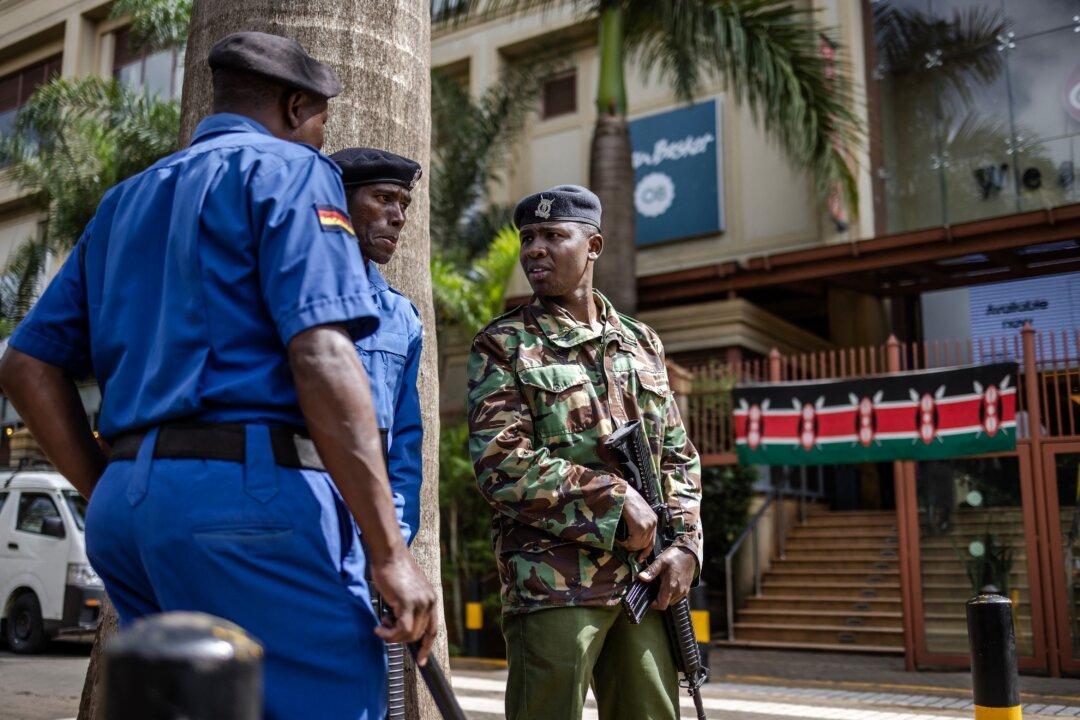The Sudanese government on Jan. 4, recalled its envoy to Nairobi, citing Kenyan President William Ruto’s decision to welcome the leader of the paramilitary group Rapid Support Force (RSF).
RSF leader Mohammed Hamdan Dagalo was reportedly treated to a kingly experience during a tour of Kenya on Jan. 3. This move has unsettled the region and raised questions about the future integration of East Africa.
